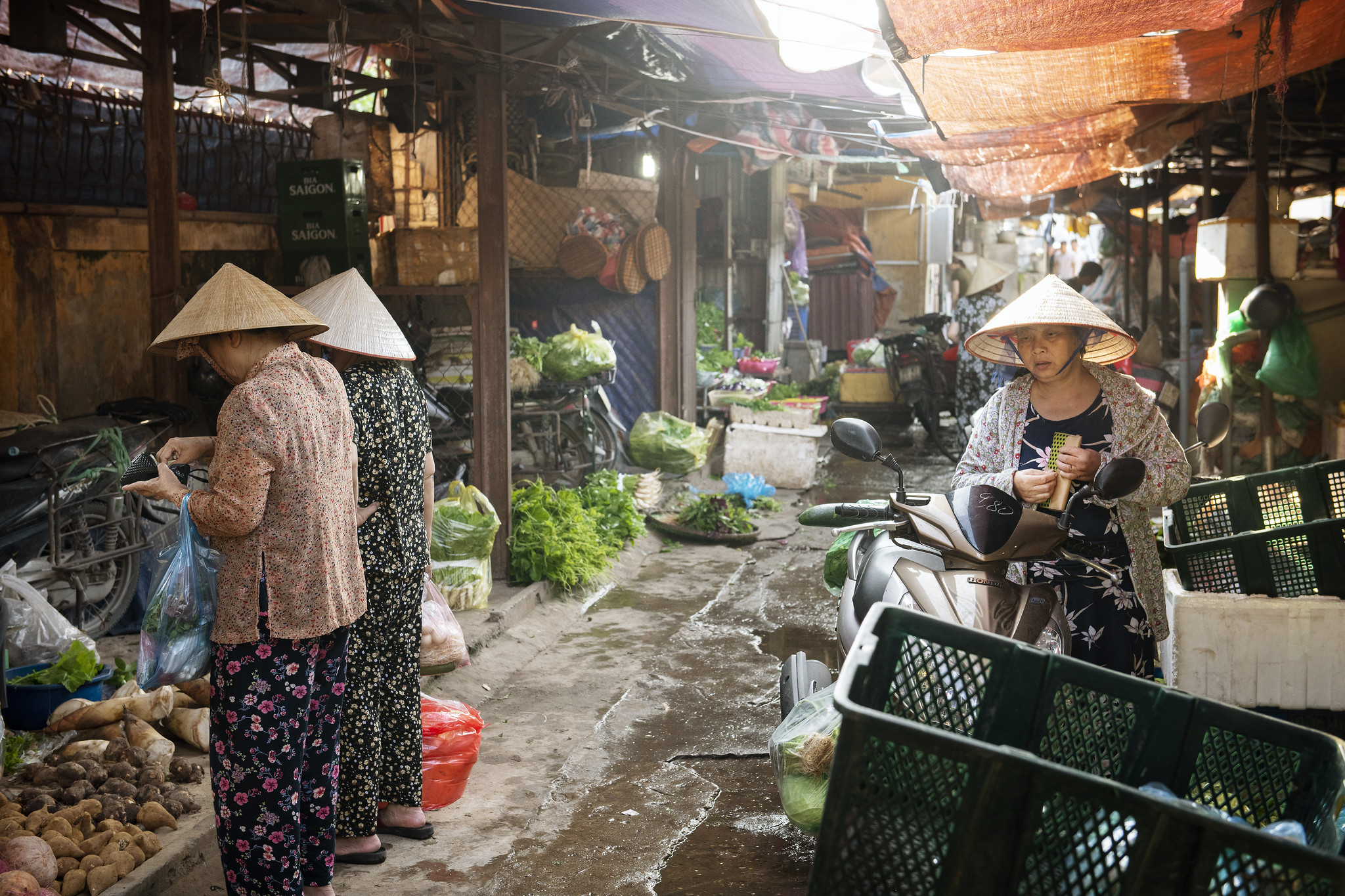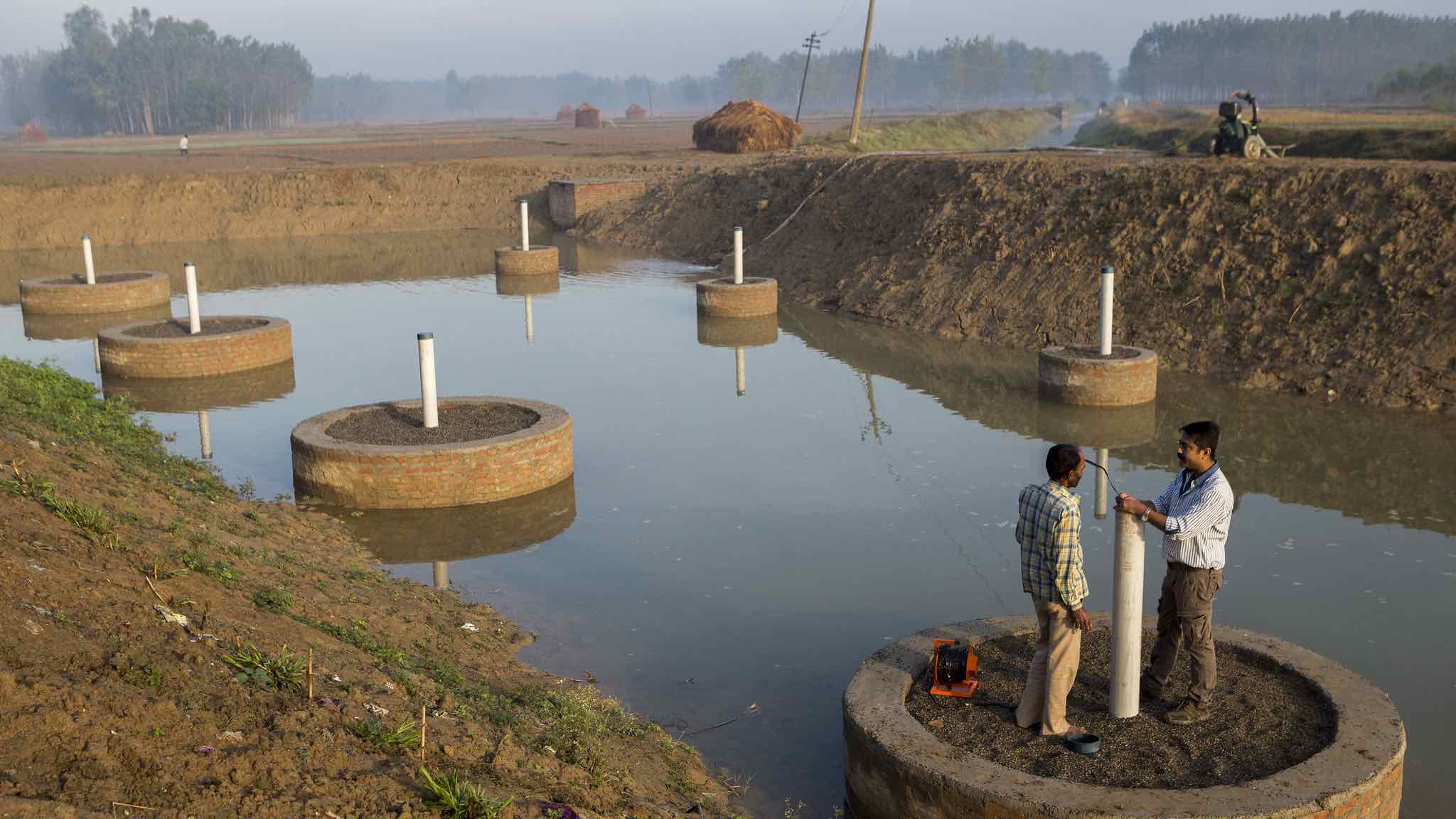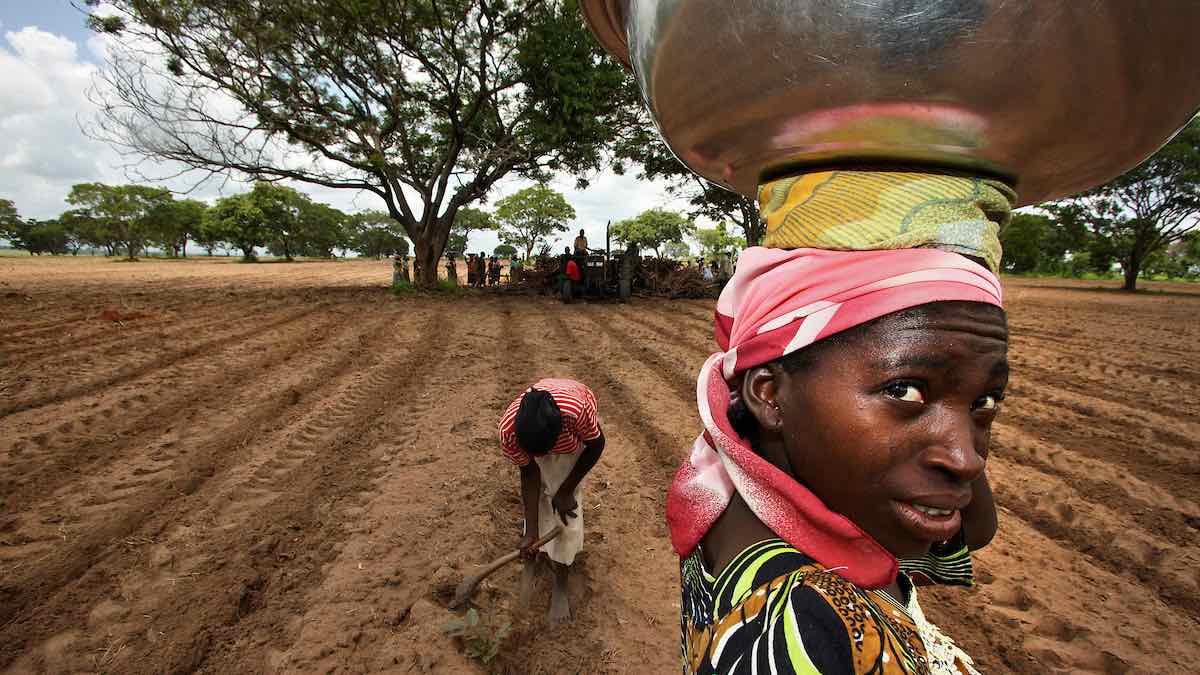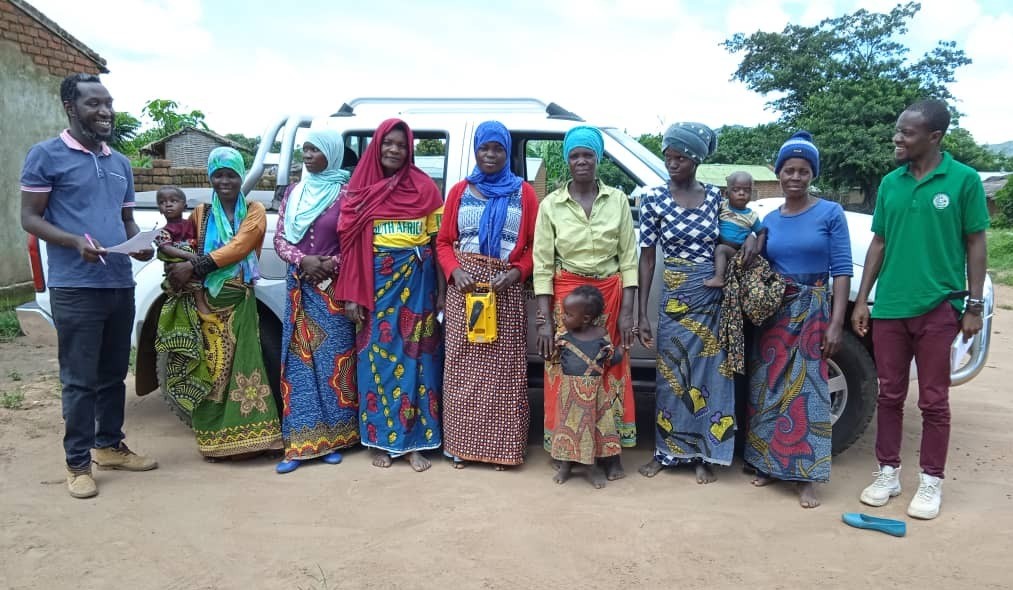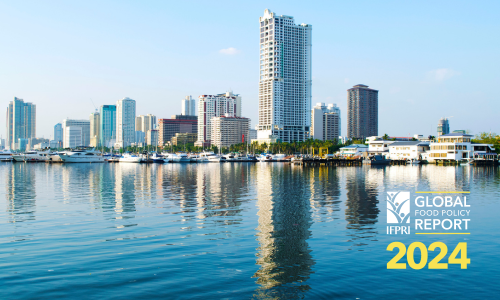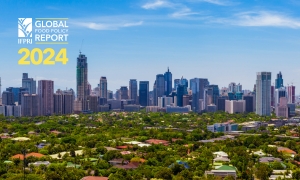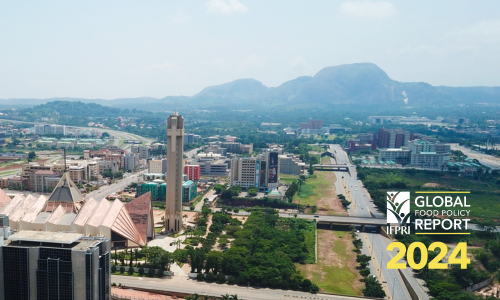What’s New
Publications
Journal Article
Making complementary agricultural resources, technologies, and services more gender-responsive
Journal Article
Educational impacts of an unconditional cash transfer program in Mali
Brief
Synopsis: Assessing agricultural extension agent digital readiness in Rwanda
Upcoming/Recent Events
News & Media
-
Sudan is now confronting its most severe food security crisis on record (The Conversation Africa)
An op-ed by IFPRI’s Khalid Siddig and Rob Vos analyses Sudan’s ongoing severe food crisis: “After 14 months of escalating internal conflict, Sudan is now confronting its most severe food security crisis on record. The latest situation report, released on 27 June, reveals a grim picture: more than half the population of 47.2 million is…
-
Pivotal: Confronting hunger and poverty in Nigeria (Africa Independence Television)
Nigeria’s current economic crisis continues to attract media attention. On 26 June 2024 Africa Independence Television (AIT) hosted a panel discussion on the television program “Pivotal” focused on confronting hunger and poverty. The panel, moderated by Nabila Usman, included Kwaw Andam, Country Program Leader, IFPRI-Nigeria, Andrew Mamudu, Country Director, Action Aid, and Abdullahi Mohammad, Associate,…
-
Global crisis: 1.7 billion people in urban and peri-urban areas face food insecurity
New UN report highlights urgent need to strengthen urban and peri-urban food systems for global food security and nutrition.





